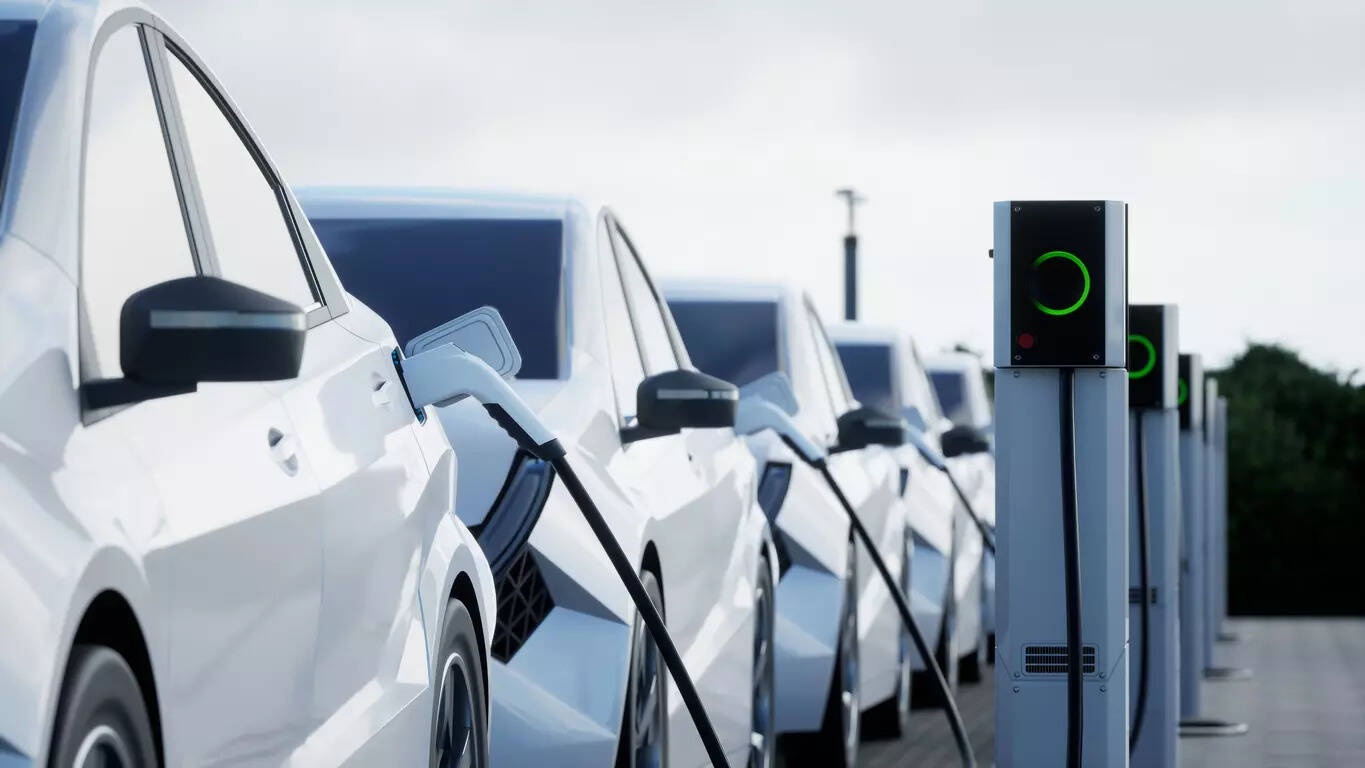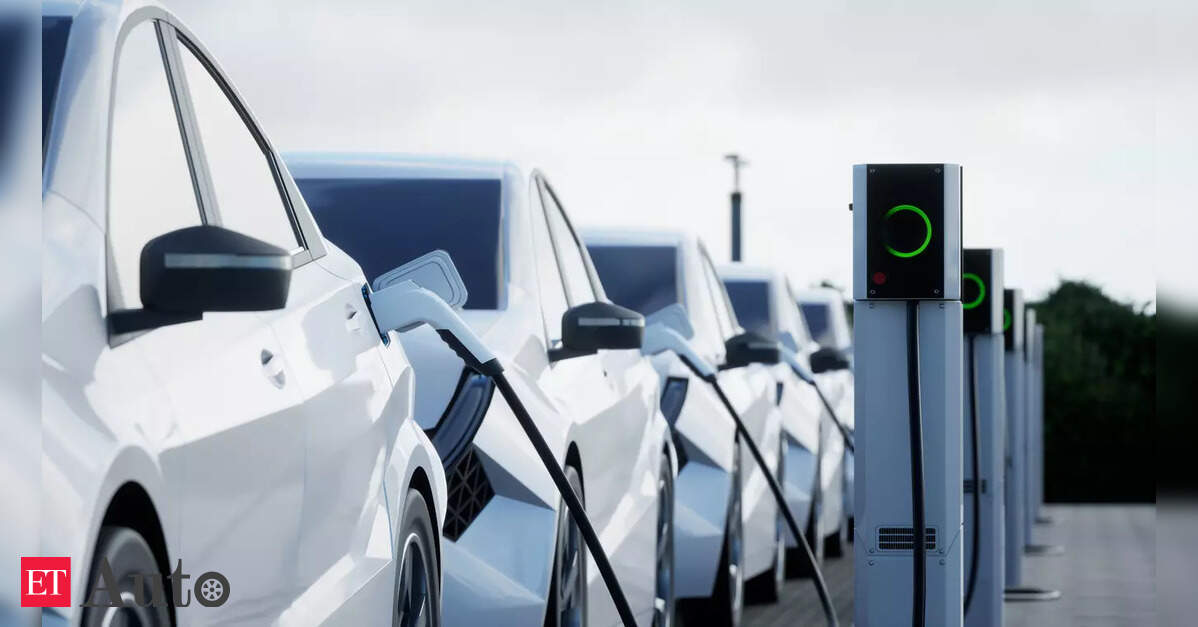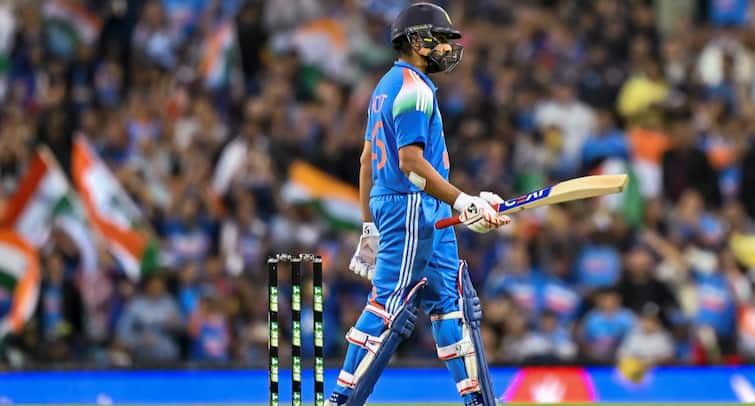
Electric vehicle sales in India are shifting gears, with their share in total passenger car sales nearly doubling in the first half of FY26. EVs now account for about 5per cent of all passenger vehicles sold, compared to 2.6per cent at the end of FY25 — a sign that adoption is finally gaining momentum after years of slow uptake, reported TOI.
According to data from the Federation of Automobile Dealers Associations (FADA), electric car sales grew 108per cent year-on-year to 91,726 units in the first six months of FY26, up from 44,172 units in the same period last year. That figure already represents 86per cent of the total EVs sold through the entirety of FY25, which stood at around 1.1 lakh units.
Leading the charge are JSW MG Motor and Tata Motors, while luxury automakers BMW and Mercedes-Benz have also seen strong traction in their electric portfolios. JSW MG’s Windsor SUV, for instance, crossed 50,000 units within a year of launch — one of the fastest scale-ups for an EV in India.
Anurag Mehrotra, managing director of JSW MG Motor, said electric vehicles now make up 80per cent of the company’s sales. “EVs are expected to cross 7per cent industry market share by this year-end. Together, EVs and hybrids are likely to hit 30per cent share in a decade,” he said.
Tata Motors, another early mover in the segment, has also reported strong festive sales. “Our EV portfolio continued its upward trajectory with over 10,000 units retailed in a 30-day window from Navratri to Diwali, up 37per cent,” said Shailesh Chandra, MD & CEO of Tata Motors Passenger Vehicles. “The second quarter of this fiscal saw our EVs grow 59per cent year-on-year on a total volume of 25,000 units. Share of EVs at the end of Q2 stands at 17per cent of overall sales.”
Luxury automakers are witnessing a similar trend. BMW India president and CEO Hardeep S. Brar said the group recorded its highest-ever EV sales between January and September 2025. “A total of 2,509 electric BMWs and MINIs were delivered, with a growth of 246per cent year-on-year. BMW iX1 long wheelbase is the highest-selling electric car, followed by the flagship i7. The share of EVs in total sales further increased to 21per cent. By 2030, this is expected to increase to 30per cent,” Brar said.
Mercedes-Benz India is also doubling down on its electric strategy. “Our top-end battery electrics drive our strategy with the locally-produced EQS SUV recording its highest sales ever, accelerating our EV penetration to 8per cent of total volumes,” said Santosh Iyer, MD & CEO of Mercedes-Benz India. “The company has seen a 10per cent growth in EV sales in the second quarter of this fiscal.”
While EVs still form a small portion of India’s massive automotive market, the recent numbers suggest a clear inflection point — one driven by a wider model lineup, improving infrastructure, and stronger consumer acceptance.



